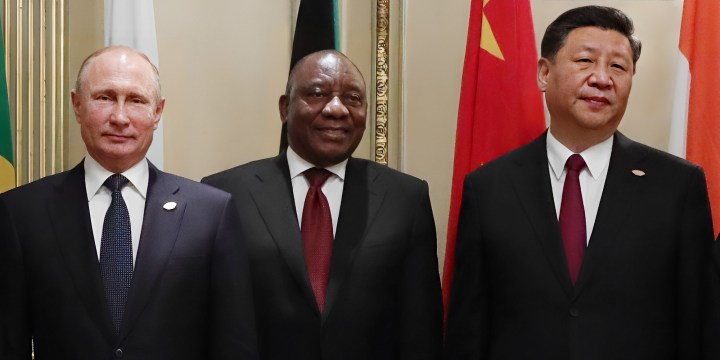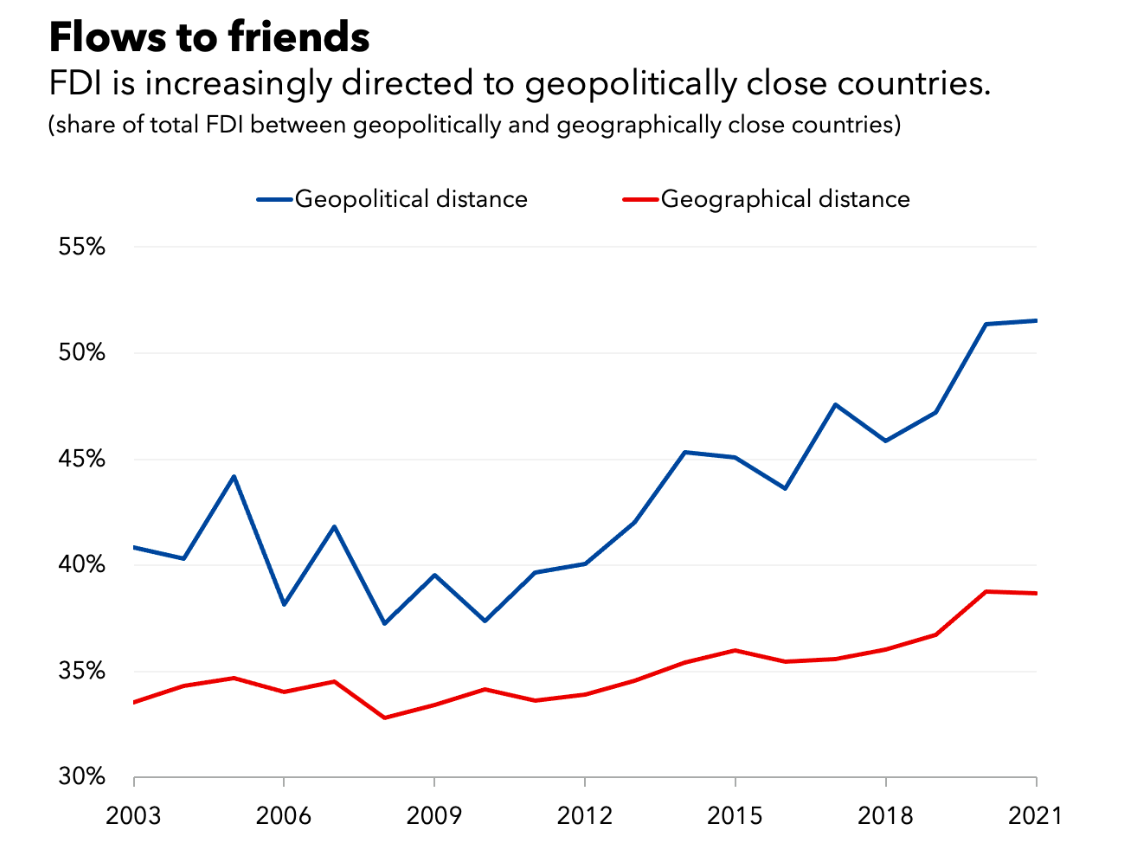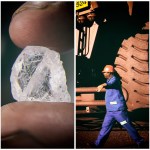IMF WORLD ECONOMIC OUTLOOK
SA’s embrace of global pariah Russia could have serious foreign direct investment consequences

South Africa is increasingly embracing Russia, a global pariah, and China on the geopolitical stage. This could have serious consequences as the country tries to attract raised levels of foreign direct investment (FDI). According to the International Monetary Fund, FDI flows are increasingly being directed to ‘geopolitically close countries’.
The International Monetary Fund (IMF), in its latest World Economic Outlook, said that: “As geopolitical tensions rise, companies and policymakers are increasingly looking at strategies to make supply chains more resilient by moving production home or to trusted countries.
“Over the last decade, the share of FDI flows among geopolitically aligned economies has kept rising, more than the share for countries that are closer geographically, suggesting that geopolitical preferences increasingly drive the geographic footprint of FDI.” (See graph below.)
This is especially the case in strategic sectors such as semiconductors.
“These trends also indicate that if geopolitical tensions continue to intensify and countries further diverge along geopolitical fault lines, FDI may become even more concentrated within blocs of aligned countries,” it says.
That’s probably bad news for South Africa as it continues with its fawning diplomatic support for Russia, a nation whose global pariah status under President Vladimir Putin has been cemented by its unprovoked invasion of and ongoing war in Ukraine.
As my colleague Tim Cohen noted earlier this year, there are about 700 US companies operating in South Africa, and almost all of them would count as foreign direct investors, and they employ around 220,000 people in an economy with an unemployment rate that is effectively well north of 40% by its broadest measure.
In 2021 alone, US companies invested just under R10-billion in South Africa. By contrast, as Cohen noted, “… there is precisely one important investment by a Russian company in SA and that is Russian oligarch Viktor Vekselberg’s investment in United Manganese, SA’s fourth-largest manganese mine, through his vehicle Rusal.”
Read More on Daily Maverick: Dangerous liaisons: SA’s Russian roulette jeopardises trade agreements with US and other Western nations
And this is the country — or its regime — to which South Africa is forging closer geopolitical ties at a time when FDI flows are increasingly charting a geopolitical course. And while South Africa’s investments in Russia amount to about $5-billion, don’t expect that to soar any time soon. South Africa’s publicly listed companies are wary of Russia and the massive risks it represents — sanctions complicate financial matters, to say the least.
“We use hypothetical scenarios to illustrate the possible impact of long-term fragmentation of investment flows,” said the IMF.
“In general, a fragmented world is likely to be a poorer one. We estimate that long-term global output losses are close to 2% of world gross domestic product. Emerging market and developing economies are particularly affected by reduced access to investment from advanced economies, due to reduced capital formation and productivity gains.”
One thing is clear: in a fragmented world, South Africa risks losing investment from the US and also the European Union, UK and others if this global FDI trend continues or accelerates. A hypothetical and no doubt dodgy Russian nuclear power deal will not compensate for that. DM/BM



















Soon we will be “demarched” too.
Our goverment is communists at heart, while just loving money